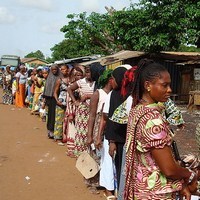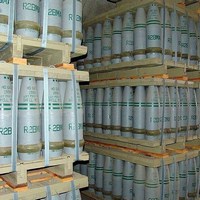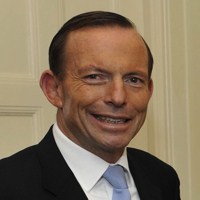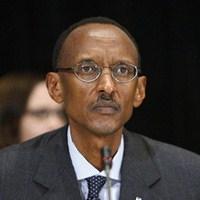
On Aug. 15, Ecuadorean President Rafael Correa announced that he was abandoning the initiative by which Ecuador would commit to leave 846 million barrels of oil in the ground under Yasuni National Park, in the Amazon, if the international community donated $3.6 billion to the country to compensate for the foregone revenue. The announcement sparked protests and a movement backing a national referendum on the issue, but Correa was quick to consolidate political support for his decision. Last week, Ecuador’s Congress approved Correa’s plan to drill in the park, even as the Constitutional Court approved a request by environmentalists for […]






